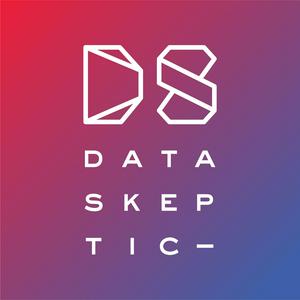In this episode, host Kyle Polich speaks with Roan Schellingerhout, a fourth-year PhD student at Maastricht University, about explainable multi-stakeholder recommender systems for job recruitment. Roan discusses his research on creating AI-powered job matching systems that balance the needs of multiple stakeholders—job seekers, recruiters, HR professionals, and companies. The conversation explores different types of explanations for job recommendations, including textual, bar chart, and graph-based formats, with findings showing that lay users strongly prefer simple textual explanations over more technical visualizations. Roan shares insights from his "healthy friction" study, which tested whether users could distinguish between real AI-generated explanations and randomly generated ones, revealing that participants often used explanations as information sources rather than decision-making tools.
The discussion delves into the technical architecture behind these systems, including the use of knowledge graphs built from tabular data, inference rules, and large language models to generate human-friendly explanations. Roan explains how his research aims to open the black box of recommender systems, making them more transparent and trustworthy for non-technical users. Looking forward, he discusses ongoing work on automated knowledge graph construction from resumes and job listings, research into fairness considerations around gender and location, and plans for real-world testing with actual job seekers. The episode concludes with Roan's vision for the future: AI systems that support rather than replace human recruiters, making the job search process less grueling while maintaining the essential human judgment that recruitment requires.


